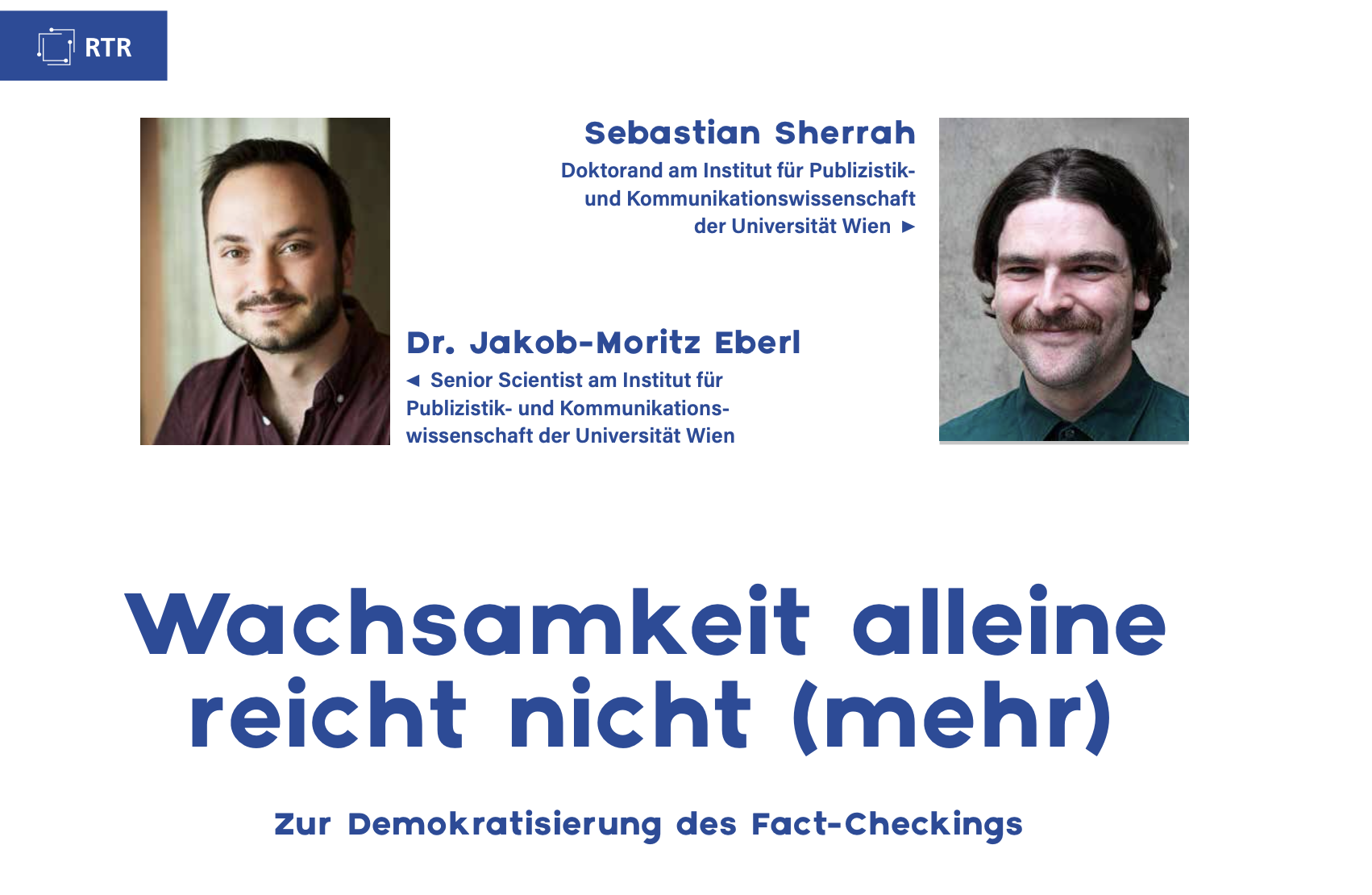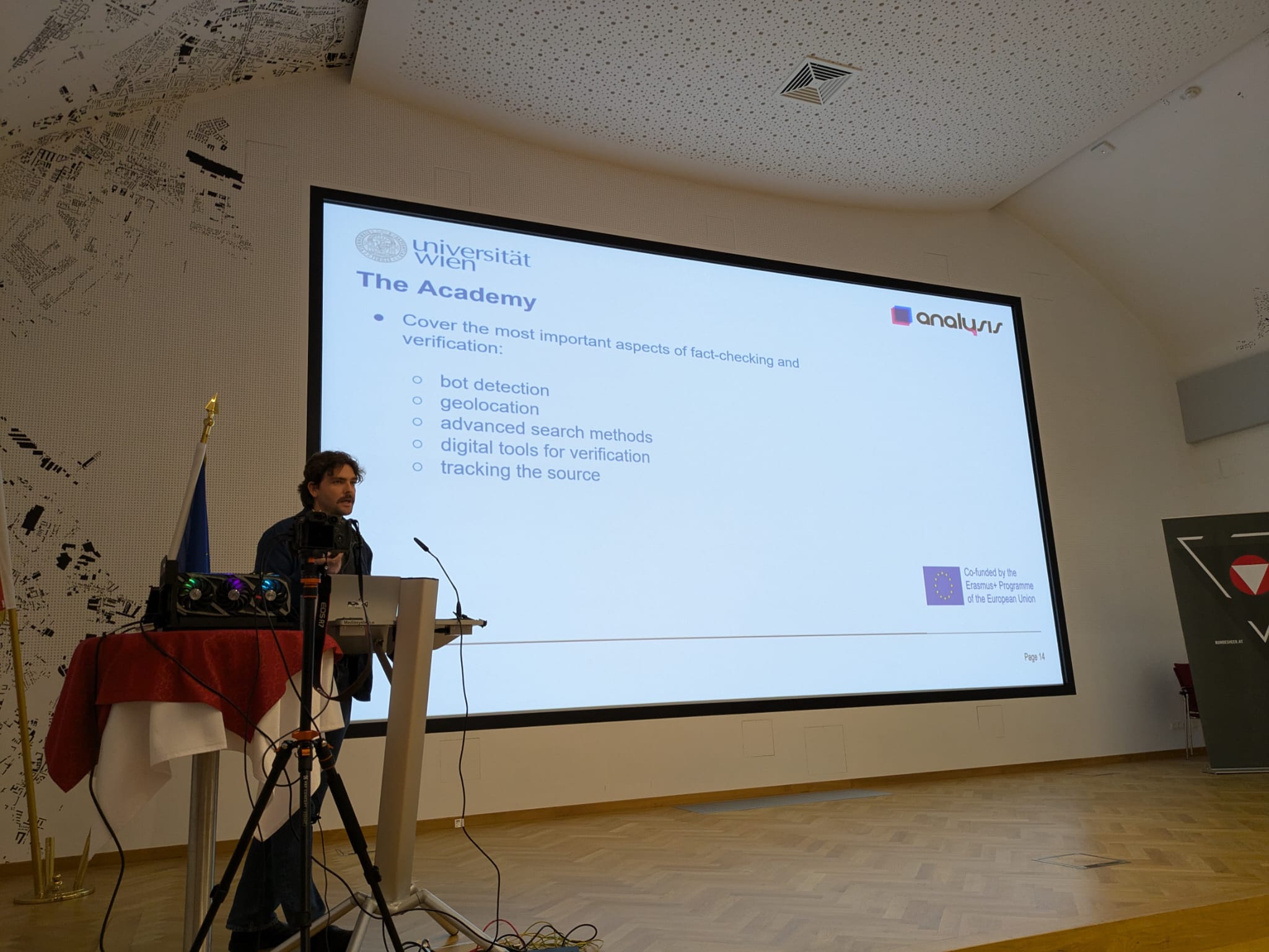Gain insights into the evolving landscape of AI and misinformation in elections with project members Jakob-Moritz Eberl and Florian Schmidt, as they discuss the potential impacts and challenges in a recent radio piece by the Austrian Public Broadcaster Ö1. Explore their perspectives on detecting AI-generated content and the regulatory hurdles ahead.
The landscape of misinformation is rapidly evolving, with artificial intelligence (AI) playing a significant role in shaping narratives, particularly in the context of elections. In a recent radio piece by the Austrian Public Broadcaster Ö1, project members Jakob-Moritz Eberl (UNIVIE) and Florian Schmidt (APA), shared their insights on the potential impact of AI on elections and the challenges of detecting AI-generated content.
Jakob-Moritz Eberl highlighted the real threat posed by AI in manipulating elections. While acknowledging the existing potential, Eberl emphasized the uncertainty surrounding the actual effects of AI on voter decisions. He noted that current observations in Austria primarily involve experimental use rather than widespread manipulation.
Florian Schmidt emphasized the increasing interest in combating AI-driven misinformation. Schmidt discussed the APA’s efforts to offer training courses not only to journalists but also to businesses and organizations. These courses aim to equip participants with the skills to identify AI-generated content effectively.
Schmidt outlined three key levels for detecting AI products: examining internal details for errors, utilizing AI detection tools (though these are not entirely reliable), and applying external logic to contextualize information. He also emphasized the importance of utilizing search engines for fact-checking to verify dubious claims.
The discussion also touched upon the regulatory challenges associated with AI development. While the EU is making efforts through initiatives like the Artificial Intelligence Pact, questions remain about how to label AI-generated content and implement warnings on major platforms.
Both Eberl and Schmidt expressed caution about the future impact of AI on elections, suggesting that while Austria’s electoral integrity remains relatively secure for now, the evolving capabilities of AI could pose significant challenges in the coming years.For more detailed information and perspectives on this critical issue, you read up on the full Ö1 radio piece featuring Jakob-Moritz Eberl and Florian Schmidt here.




